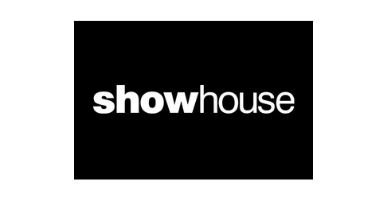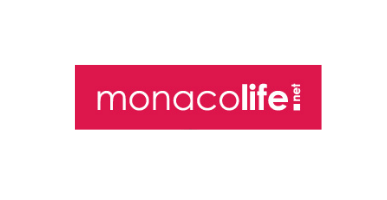House prices in November were 7.6% higher than in the same month a year earlier – the strongest growth since June 2016.
On a monthly basis, house prices in November were 1.2% higher than in October, according to the latest Halifax House Price Index. In the latest quarter house prices were 3.8% higher than in the preceding three months.
House prices in November were 7.6% higher than in the same month a year earlier – the strongest growth since June 2016.
Russell Galley, Managing Director, Halifax, said: “House prices rose by more than 1% in November, adding almost £3,000 to the cost of a typical UK home. At just over £253,000, the average property price has risen by more than £15,000 since June. In percentage terms that equates to 6.5% – the strongest five-monthly gain since 2004.
“With mortgage approvals at a 13-year high, the current market continues to be shaped by a desire for more space, the move from urban to rural locations and indications of a trend for more home working in the future. And while industry data shows agreed sales and new instructions to sell fell to their lowest in the past five months, both remain at historically high levels and well above seasonal norms.
“As the March deadline for the stamp duty holiday approaches, properties sold to home-movers recorded a much higher rate of annual house price inflation (+7.9%) than first-time buyers (+5.8%). It is interesting to note that the stamp duty saving of £2,500 on a home costing £250,000 is now far outweighed by the average increase in property prices since July.
“The housing market has been much more resilient than many predicted at the outset of the pandemic, and indeed many households remain confident about further price growth next year. However, the economic environment continues to look challenging. With unemployment predicted to peak around the middle of next year, and the UK’s economy not expected to fully recover the ground lost over 2020 for a number of years, a slowdown in housing market activity is likely over the next 12 months.”
Industry commentators are largely attributing the encouraging growth to the stamp duty holiday.
Director of Benham and Reeves, Marc von Grundherr, said: “No Covid vaccine required for the UK property market as it continues to defy previous predictions of a market crash, rising like a pheonix from the ashes of pandemic uncertainty to register yet further positive price growth.
“This market hysteria is unlikely to simmer until the March deadline at least, at which point the urgency of a potential stamp duty saving will vanish and we should see the market return to a steadier speed.”
Group CEO of Enness Global Mortgages, Islay Robinson, added: “The current stamp duty holiday has propelled the market back to a full bill of health despite bringing its own problems in the form of market delays as the industry scrambles to cope.
“Of course, the clock is ticking in respect of the holiday and while we should see a reduction in demand come next year, it’s unlikely the market will simply fall off a cliff.
“Confidence has returned and we’re seeing this at all levels of the market and from foreign shores. This high-end and foreign buyer demand will help boost an already impressive recovery and continue to drive price growth well into next year.”
Halifax has predicted a market slowdown over the next year as market headwinds are fanned by Brexit and rising unemployment. David Westgate, Group Chief Executive at Andrews Property Group, said: “House prices continue to rise but the market will have its work cut out in 2021 as the economic impact of the pandemic and potentially Brexit kicks in.
“The Stamp Duty holiday ignited already strong post-lockdown demand and this, coupled with the desire of many people to relocate away from major cities in search of outdoor space, has driven prices higher.
“House price growth will almost certainly moderate in the first quarter and values willl come under pressure if unemployment starts to rise sharply as expected.
“The number of major high street firms collapsing suggests house prices are in for a tough 2021.
“At lower loan to values, we’re not expecting the market to grind to a halt but for first time buyers and anyone with a smaller deposit it’s going to be challenging next year.”
However, other observers have been more optimistic. Mike Scott, Chief Analyst at estate agency Yopa, said: “Yopa believes that the housing market will show more resiliency, with many people still looking to buy as the pandemic leads them to re-evaluate their lifestyles and their housing needs. There will inevitably be a pause when the rush to beat the stamp duty deadline comes to an end in the first quarter of 2021, but we believe that the market will be quite active throughout the second half of next year.”
Others believe that whatever happens next hinges on policy, not predictions. Joshua Elash, director of property lender MT Finance, said: “House price growth continues to be fuelled by the huge amount of liquidity in the market and the stamp duty tax incentives introduced by the Chancellor, as confirmed in other house price surveys.
“It is more essential than ever that the government extends the stamp duty holiday beyond its existing deadline of March; failure to do so will risk a sudden and significant drop in transactions and an inevitable plummet in house prices.”




